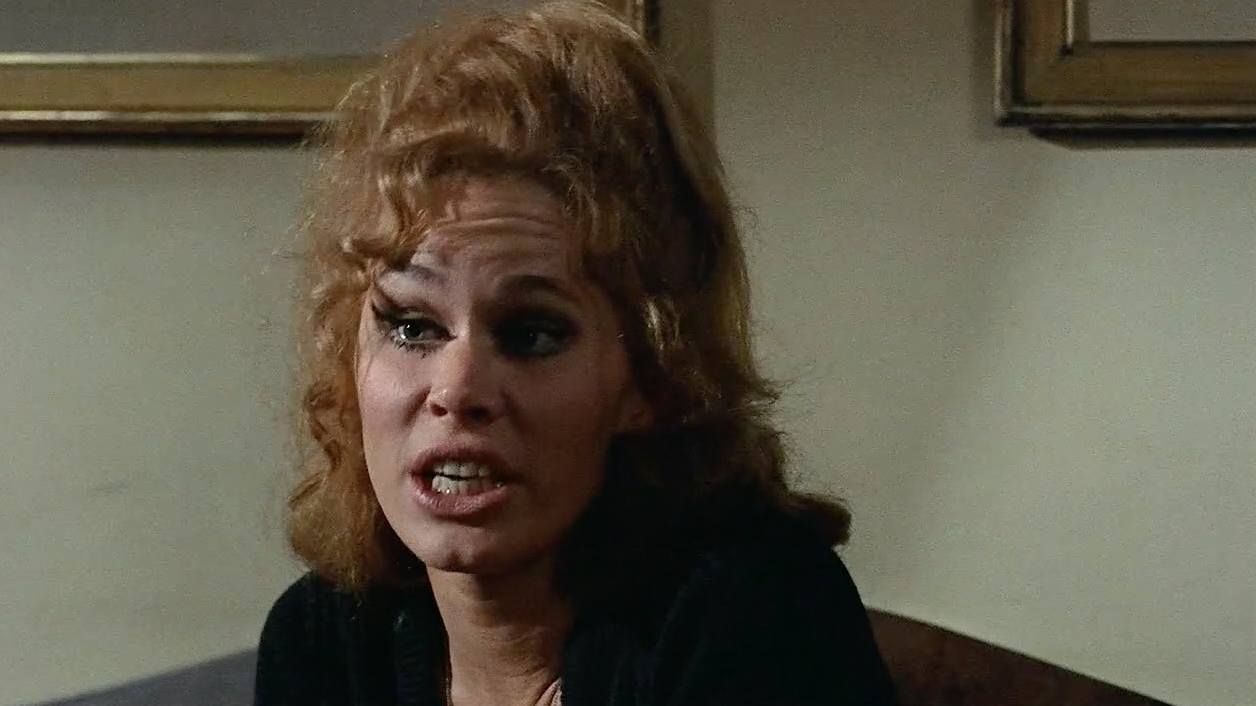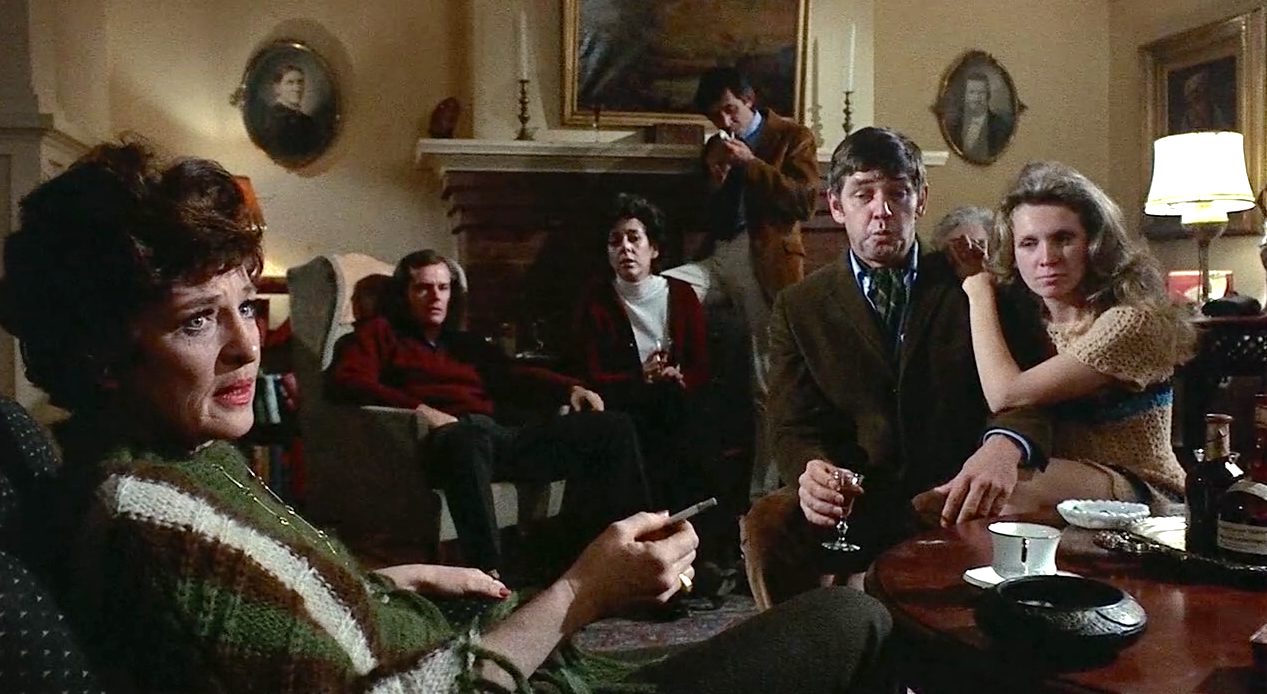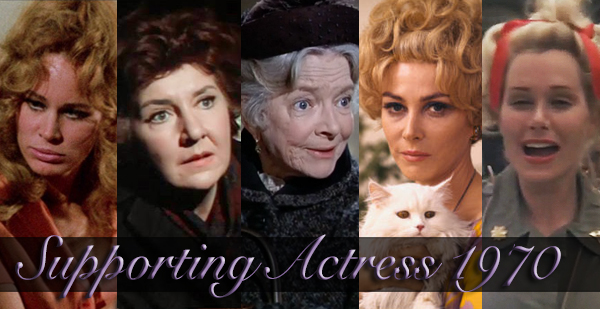Robert here with Distant Relatives, which explores the connections between one classic and one contemporary film.
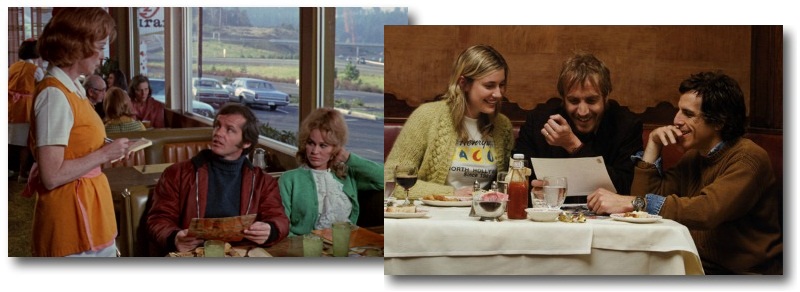
Growing up is Hard to Do
Hollywood has always been interested in man-children, and they've gone through a variety of manifestations through the years. During the silent era they were innocent clowns filled with the insecurities and curiosities of children. During the age of the screwball comedy they were flailing baffoons unable to compete with their strong professional female counterparts. In the 1950's they were dark brooding rebels looking for causes and that lead the way to the serious sixties, where young men were similarly angry (though lighter on the melodrama, heaver on the realism) painted as victims of a combination of social indifference and their own unambitions. Though if you called them "victims" to their faces, they'd probably punch yours. This contingent was fronted from Britian by the likes of Finney and Harris but soon found plenty of eager representatives in the US, not the least of whom was snide, sarcastic, and so-damn-cool Jack Nicholson. In Five Easy Pieces, Nicholson plays Bobby Dupea, a man meandering through life, trailed by the shadow of his lost potential, trying to understand who he is as adulthood passes him by.
Almost forty years later, Ben Stiller, a man who has made his living playing the goofiest kind of man-child plays the dark and cynical Roger Greenberg, a man also trying to figure out his life in the face of shattered potential. He has a lot in common with Bobby Dupea. In both cases, the impetus for our characters' confrontations with their immaturities comes in the form of a move. But while they're both going west, they're actually heading in two different directions. Bobby is going to his family's house in Seattle, where his person will be juxtaposed against their culture and civility. Even if we want Bobby to get his act together and take his place in the world of his family, we feel as out of place there as he does. Roger meanwhile has just moved to Los Angeles where his cynicism is juxtaposed against an even greater immaturity; immaturity as an accepted state of Nirvana. He asks while at a child's birthday party "Why are all the grown men dressed like kids and all the kids dressed like super heroes?" It's a beautiful symbol for a world in which dreaming for great power and great responsibility evolveds into longing for no power and no responsibility.
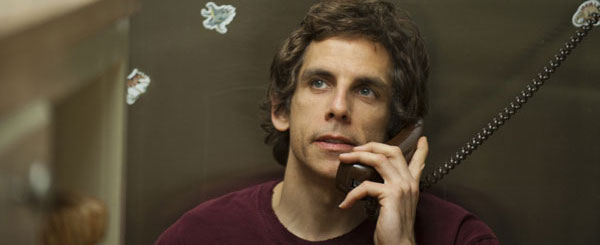
As much as a misanthrope as Greenberg is, we feel for him at times, if only because we get to experience the horrors of L.A. through him. [more after the jump]
Click to read more ...
 Thursday, August 22, 2024 at 8:30PM
Thursday, August 22, 2024 at 8:30PM 



